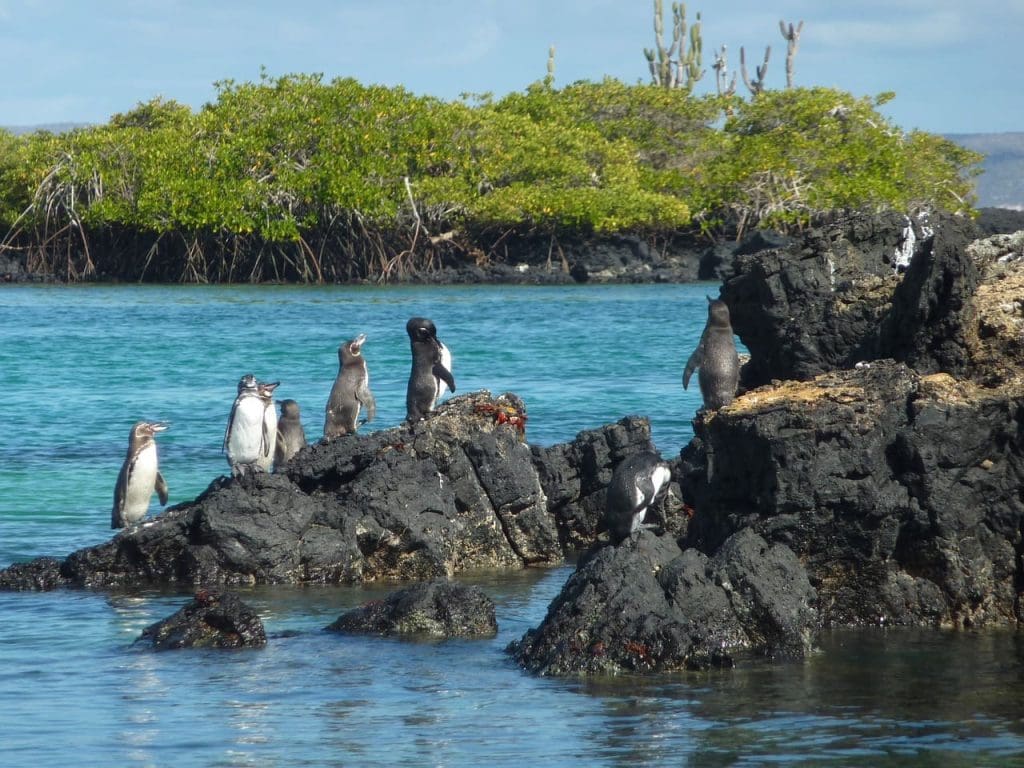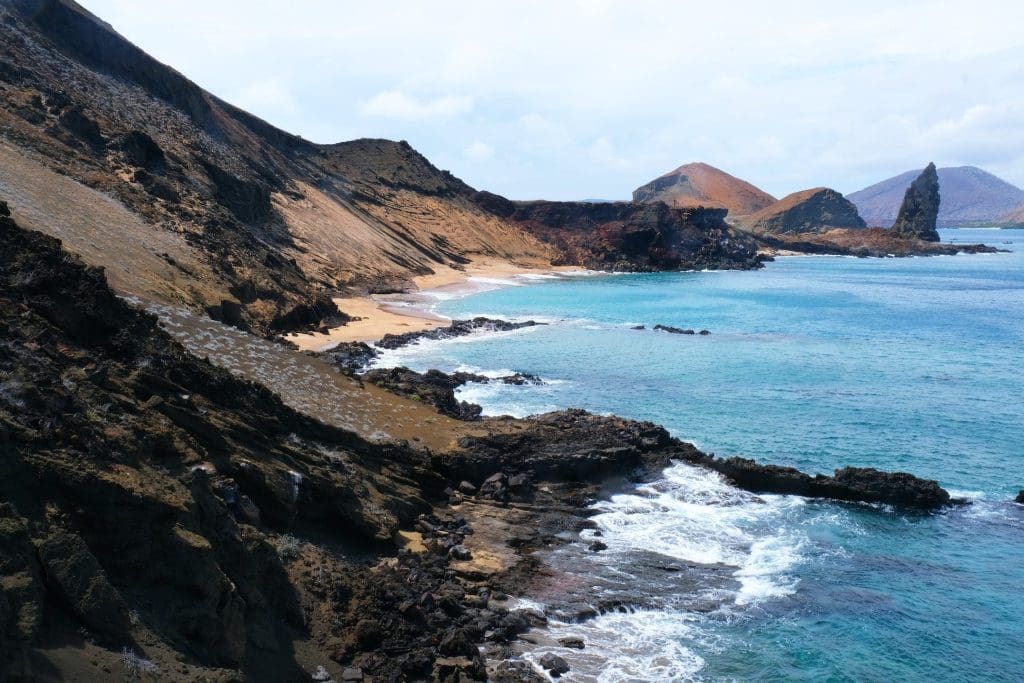The Galapagos Islands, an archipelago in the Pacific Ocean, are renowned for their unique biodiversity and crucial role in shaping our understanding of evolution. These islands are home to a myriad of species, and several of them can only be found in this isolated and ecologically rich ecosystem. Exploring the islands through Galapagos Island tours unveils a world where evolutionary processes have given rise to rare and exclusive species.
Importance of the Islands in Terms of Biodiversity:
Islands, by their very nature, are crucial for biodiversity. The Galapagos Islands, in particular, have played a pivotal role in the study of evolution, thanks to the groundbreaking work of Charles Darwin. These isolated environments provide a haven for unique and endemic species, making islands like the Galapagos vital for maintaining global ecological balance.
Overview of the Species Exclusivity in the Galapagos Islands:
The Galapagos Islands boast a remarkable number of species that are found nowhere else on Earth. This exclusivity is a result of the islands’ isolation and distinct environmental conditions. The Galapagos archipelago is home to numerous island endemics, showcasing the incredible biodiversity that has evolved in this unique setting.
Number of Species Exclusive to the Islands:
The Galapagos Islands host a diverse array of exclusive species, each adapted to the specific conditions of its respective island. From marine life to terrestrial creatures, these species have evolved in isolation, resulting in distinct genetic traits and behaviors. The islands serve as a living laboratory, offering insights into the fascinating process of evolution.
Factors Contributing to Unique Biodiversity:
Several factors contribute to the unique biodiversity of the Galapagos Islands. The islands’ environmental variation, geographical isolation, and specific evolutionary processes have led to the development of species found nowhere else in the world. Human activities, including tourism and introduced species, also play a role in shaping the delicate balance of these ecosystems. Additionally, climatic changes further impact the distribution and abundance of species, highlighting the interconnectedness of various factors in determining biodiversity.
5 Rare Species Found Exclusively in the Galapagos Islands:
Galapagos Tortoise (Chelonoidis spp.):
The iconic Galapagos Tortoise is a symbol of the island’s unique fauna. With distinct shell shapes and sizes on different islands, each tortoise population has evolved to adapt to the specific conditions of their home. These gentle giants are the largest living tortoises and a testament to the islands’ evolutionary significance.
Flightless Cormorant (Phalacrocorax harrisi):
This unique cormorant has lost its ability to fly, adapting to a life of hunting underwater. With stunted wings and excellent swimming capabilities, the flightless cormorant is an example of evolution in isolation, perfectly suited to the marine environment of the Galapagos.
Waved Albatross (Phoebastria irrorata):
The Waved Albatross is the only albatross species that nests in the Galapagos Islands. Recognizable by its distinctive waved pattern on its wings, this species showcases the islands’ importance as a breeding ground for rare and exceptional seabirds.

Galapagos Penguin (Spheniscus mendiculus):
The Galapagos Penguin is the only penguin species found north of the equator. Evolving in response to the islands’ warm climate, these penguins have unique behaviors and adaptations that distinguish them from their cold-water relatives.
Marine Iguana (Amblyrhynchus cristatus):
The Marine Iguana is the only iguana species that forage in the sea, feeding on underwater algae. This species has adapted to the harsh coastal conditions of the Galapagos, representing an extraordinary example of evolution shaping a reptile’s life in a marine environment.
Conclusion
Preserving the rare species found exclusively in the Galapagos Islands is of utmost importance. These creatures are not only fascinating in their own right but also serve as indicators of the health of the entire ecosystem. The loss of any of these species could disrupt the delicate balance of the island’s biodiversity, impacting not only the species themselves but also the interconnected web of life that relies on their presence. As custodians of these unique ecosystems, it is our responsibility to ensure the conservation of these rare species for future generations, recognizing their role in maintaining ecological balance and contributing to our understanding of the natural world.

